Saving Throws
There are seven saving throw types, each with its specific application. These saves are: death magic, magical weapon, area effect, poison, system shock (and shape change), spiritual powers, and sleep/charm. The GM is the one who decides when the player characters need to roll saving throws. All saving throws are done on a d20. An unmodified "20" always succeeds while an unmodified "1" is always a failure.
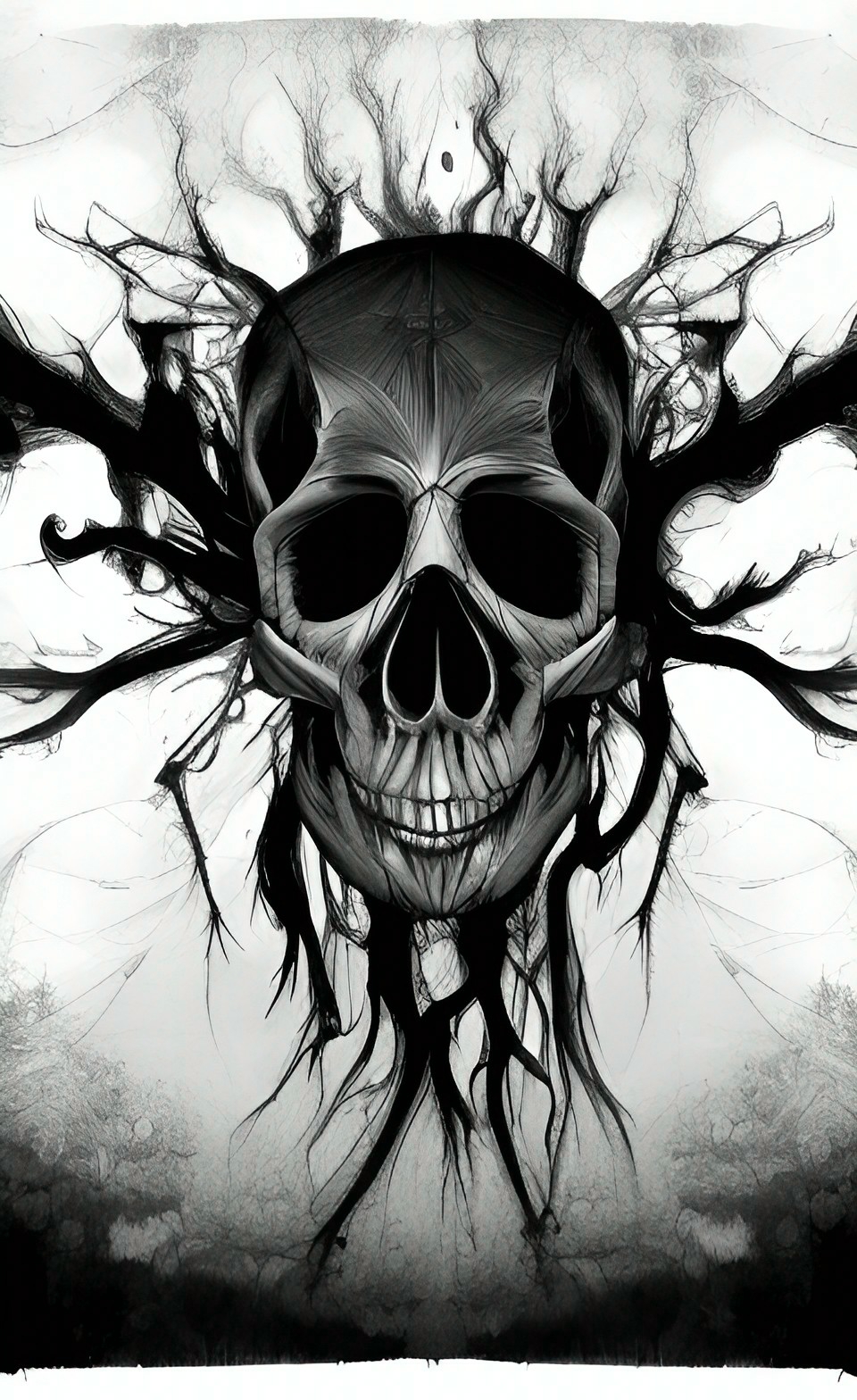 Death Magic is a particularly ugly form of magical attack. Attacks of this kind drain life-essence from its victims. Practitioners of such spells are nearly universally evil. Typical Death Magic users include clergy of evil deities (such as Scaxathrom, Illuthiel, and the Crystal Mother), sentient free-willed Undead (such as a vampire), a negative-energy spiritual entity, or a summoned demon.
Death Magic is a particularly ugly form of magical attack. Attacks of this kind drain life-essence from its victims. Practitioners of such spells are nearly universally evil. Typical Death Magic users include clergy of evil deities (such as Scaxathrom, Illuthiel, and the Crystal Mother), sentient free-willed Undead (such as a vampire), a negative-energy spiritual entity, or a summoned demon.
Unless otherwise stated, a successful Save vs Death Magic will convert the Death Magic damage into ordinary damage that can be healed in the usual ways (potions, bed rest, common healing spells, etc.). However, a failed Save vs. Death Magic yields a lasting injury that persists until the character goes up in level (whereupon the damage fades) or until the character is in receipt of a wish (used to reverse the injury) or a high-level healing spell that specifically negates Death Magic damage.
Typically, Death Magic drains Hit Points or Spirit Points. However, it is possible that a certain type of Death Magic attack could drain a primary attribute (such as Constitution or Intelligence), or even drain an innate power. Should a character be drained to zero in Hit Points or an attribute, the character dies and has a fair chance or spontaneously resurrecting as some kind of Undead creature. Characters drained to zero Spirit Points will not die but will be unable to cast spells (at lest spells powered by Spirit Points) until the lasting injury is healed.
Because Awakened Constructs do not have souls, they are also immune to Death Magic. All such attacks against Awakened Constructs automatically convert to ordinary damage. Living Constructs, however, do not have this immunity because they actually do have souls.
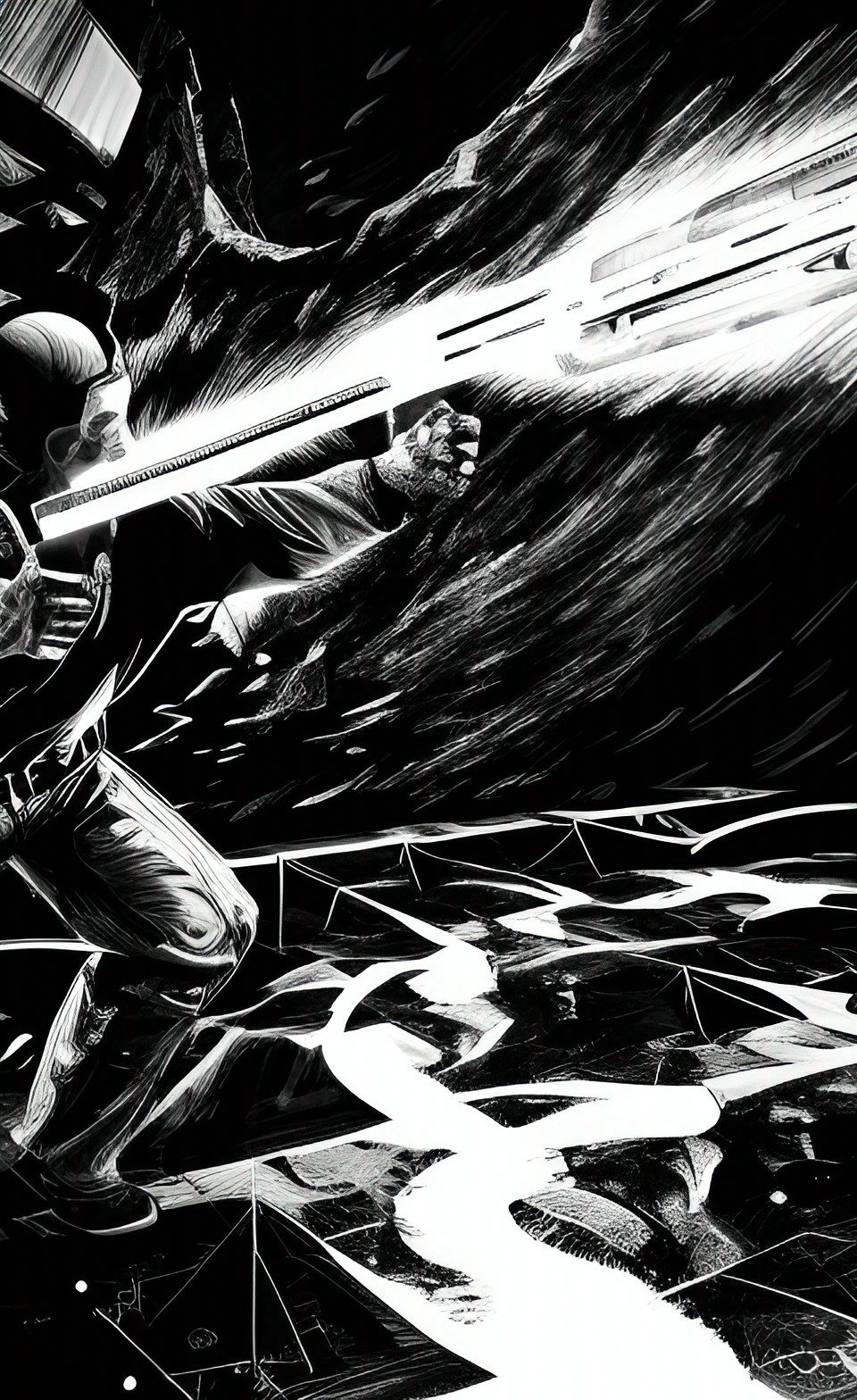 Magical Weapon attacks are typically thought of as the "wizard shooting a lightning bolt from a gnarled staff" sort of attack. While the aforementioned bolt would indeed warrant a Save vs Magical Weapon, this type of save is really about narrow, linear, line-of-sight attacks. Examples of when to use a Save vs Magical Weapon include: dodging a bolt from an energy weapon, getting out of the way of a gaze attack, avoiding getting impaled by a harpoon, not getting hit by a projectile falling from the sky, and (of course) bolts from magic wands and staves.
Magical Weapon attacks are typically thought of as the "wizard shooting a lightning bolt from a gnarled staff" sort of attack. While the aforementioned bolt would indeed warrant a Save vs Magical Weapon, this type of save is really about narrow, linear, line-of-sight attacks. Examples of when to use a Save vs Magical Weapon include: dodging a bolt from an energy weapon, getting out of the way of a gaze attack, avoiding getting impaled by a harpoon, not getting hit by a projectile falling from the sky, and (of course) bolts from magic wands and staves. 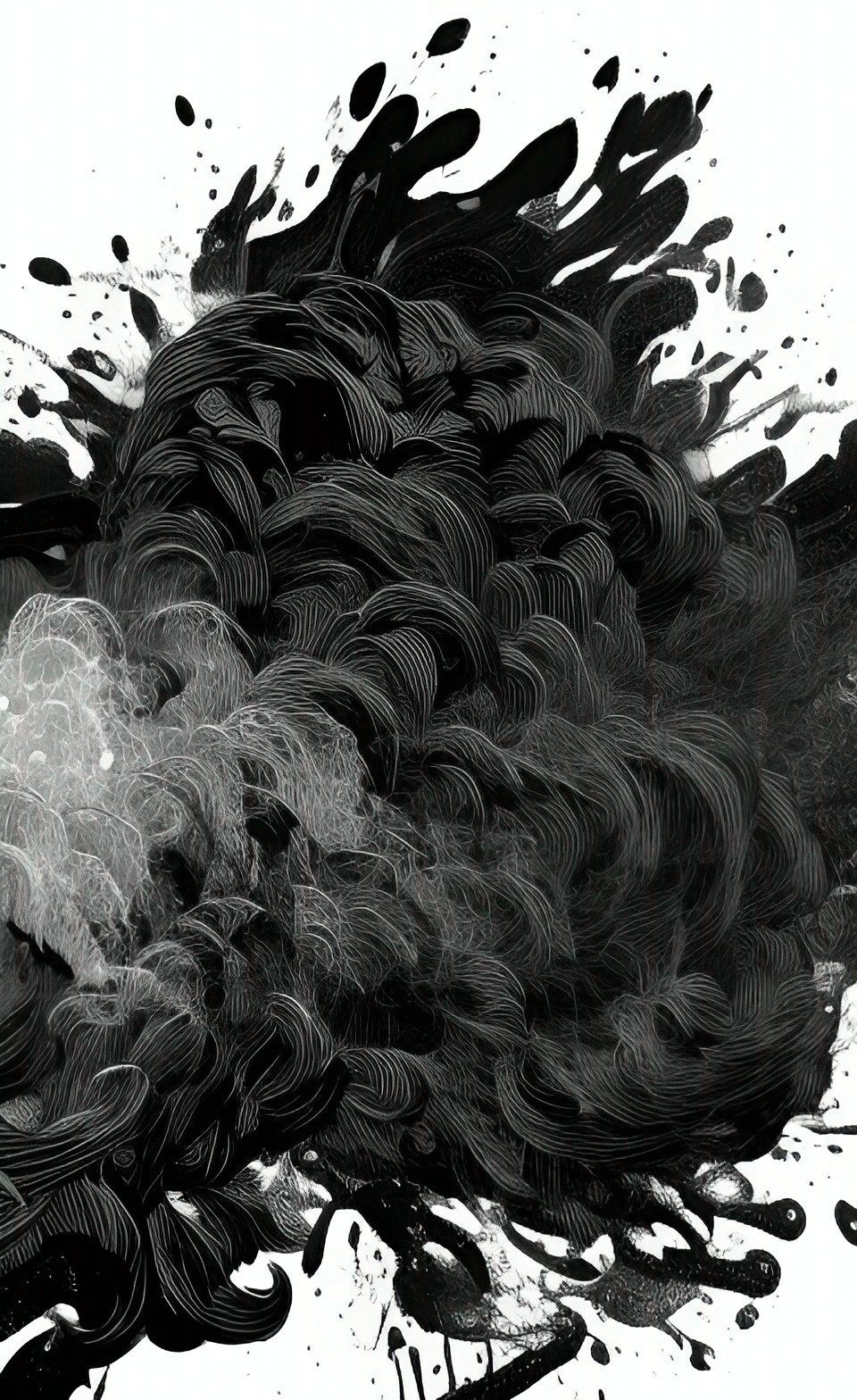 Area Effect saves are required for attacks that cover a wide surface area or large volume. For example, a shot from a laser pistol would warrant a Save vs Magical Weapon, the discharge from a hand grenade would require a Save vs Area Effect. Aside from grenades, other examples of Area Effect attacks include: a huge cauldron of molten lead being poured down upon angry serfs from guards atop high parapets; a dragon's breath; a deafening shockwave (from a crowd control bomb); most Wishsinger songs (typically a 60' spherical region); splash-and-spatter effects; a shotgun blast (and not a rifle or pistol); shrapnel falling from the sky (such as broken glass from a skyscraper window).
Area Effect saves are required for attacks that cover a wide surface area or large volume. For example, a shot from a laser pistol would warrant a Save vs Magical Weapon, the discharge from a hand grenade would require a Save vs Area Effect. Aside from grenades, other examples of Area Effect attacks include: a huge cauldron of molten lead being poured down upon angry serfs from guards atop high parapets; a dragon's breath; a deafening shockwave (from a crowd control bomb); most Wishsinger songs (typically a 60' spherical region); splash-and-spatter effects; a shotgun blast (and not a rifle or pistol); shrapnel falling from the sky (such as broken glass from a skyscraper window). Poison is a generally seen as an underhanded and cowardly weapon. With poison, the attacker doesn't necessarily even have to be present when the victim is struck down. Interestingly, not all poisons are deadly. For instance, a character can be felled by a tiny dart laced with a knockout drug and then awaken hours later -- tied to a chair and bereft of wallet, cash, and keys. Some poisons temporarily attack the mind (yielding hallucination or suggestibility instead of physical damage. Many poisons, however, are simply deadly. Once injected, inhaled, or ingested, the victim begins to lose Hit Points (and sometimes Constitution) at the rate of "[X] per Round" until the victim dies or the poison dissipates.
Poison is a generally seen as an underhanded and cowardly weapon. With poison, the attacker doesn't necessarily even have to be present when the victim is struck down. Interestingly, not all poisons are deadly. For instance, a character can be felled by a tiny dart laced with a knockout drug and then awaken hours later -- tied to a chair and bereft of wallet, cash, and keys. Some poisons temporarily attack the mind (yielding hallucination or suggestibility instead of physical damage. Many poisons, however, are simply deadly. Once injected, inhaled, or ingested, the victim begins to lose Hit Points (and sometimes Constitution) at the rate of "[X] per Round" until the victim dies or the poison dissipates.
Dwarves have a natural resistance to poison. A Dwarf would roll his/her resistance roll before having to roll a Saving Throw. Likewise, a Construct (Awakened or Living) is utterly immune to every type of biological poison. A Construct would still have to make a Save if struck with a caustic chemical, but it would never have to save against any substance that is geared toward damaging a creature's metabolism.
The Game Master has a lot of leeway in adjudicating the effects of a successful Save vs Poison. The Game Master could rule that the character feels ill or queasy after a successful Save vs. Poison but has no other effects. The Game Master could rule that the character only incurs poisoning for one round (perhaps the poison was made too weak, or perhaps the dart/needle malfunctioned). Or the Game Master could rule that the character gets very sick but will not die from being poisoned. Lastly, the Game Master could rule that the character only received half damage after making a successful Save vs. Poison.
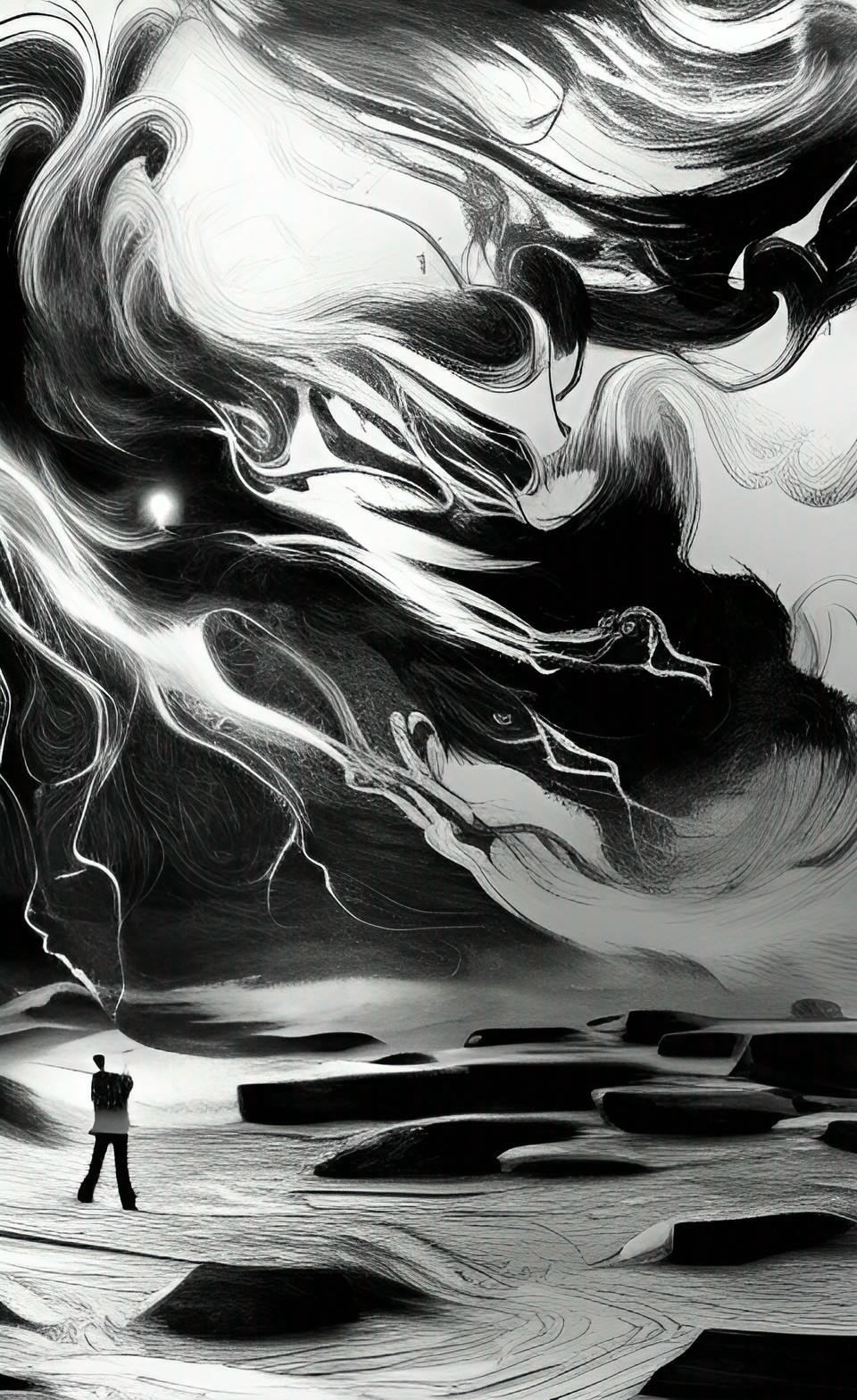 System Shock refers to an oddity of the human nervous system that causes a person to inexplicably die even if the injury sustained is not immediately fatal. Such injuries typically have to be massive, instantaneous, and crippling. Some typical examples of when a Save vs. System Shock would be warranted would include falling off a tall building onto pavement; getting hit by an automobile; getting hit in the chest with a giant sledgehammer; being hooked up to electrodes and shocked with high voltage; being suddenly crushed by high atmospheric pressure (say, stepping from Earth to Venus - never mind being fried); regaining consciousness during an invasive surgical procedure. Some magical reasons that a Save vs. System Shock would be required would include getting transformed into a different kind of creature (i.e. a Human being turned into a dog); two characters having their minds/bodies swapped; getting turned Undead and then brought back to life.
System Shock refers to an oddity of the human nervous system that causes a person to inexplicably die even if the injury sustained is not immediately fatal. Such injuries typically have to be massive, instantaneous, and crippling. Some typical examples of when a Save vs. System Shock would be warranted would include falling off a tall building onto pavement; getting hit by an automobile; getting hit in the chest with a giant sledgehammer; being hooked up to electrodes and shocked with high voltage; being suddenly crushed by high atmospheric pressure (say, stepping from Earth to Venus - never mind being fried); regaining consciousness during an invasive surgical procedure. Some magical reasons that a Save vs. System Shock would be required would include getting transformed into a different kind of creature (i.e. a Human being turned into a dog); two characters having their minds/bodies swapped; getting turned Undead and then brought back to life.
A good rule of thumb is that a Save vs. System Shock is warranted any time a character loses more than half of his/her Hit Points in a single blow. The Game Master may not enforce this rule for the first level or two because the characters will not have very many hit points. At higher levels, however, the Game Master should routinely enforce this game mechanic. For example, a Warrior with 75 hit points that falls off a four-story building and incurs 68 Hit Points of damage from the fall should most certainly have to roll a Save vs. System Shock.
The Game Master has a couple of options for dealing with the consequences of a failed Save vs. System Shock. The GM could rule that the character simply dies. The GM could alternatively rule that the character is utterly incapacitated and will die in 1d4 rounds without immediate medical attention. A successful Save vs. System Shock indicates that the massive damage (or shape change) does not immediately kill the character.
While Constructs will never have to make a Save vs. System Shock due to damage (since they are not biological organisms) it is possible that a Construct would have to make a Save if struck with magic that significantly alters their physical body. For example, a Construct that is shaped like a suit of armor might become temporarily incapacitated if transformed into the shape of a pickup truck. During this time, the Construct's operating system is presumably recalibrating its program to accommodate its new capabilities. The period of incapacitation could last from rounds to hours, as the Game Master sees fit.
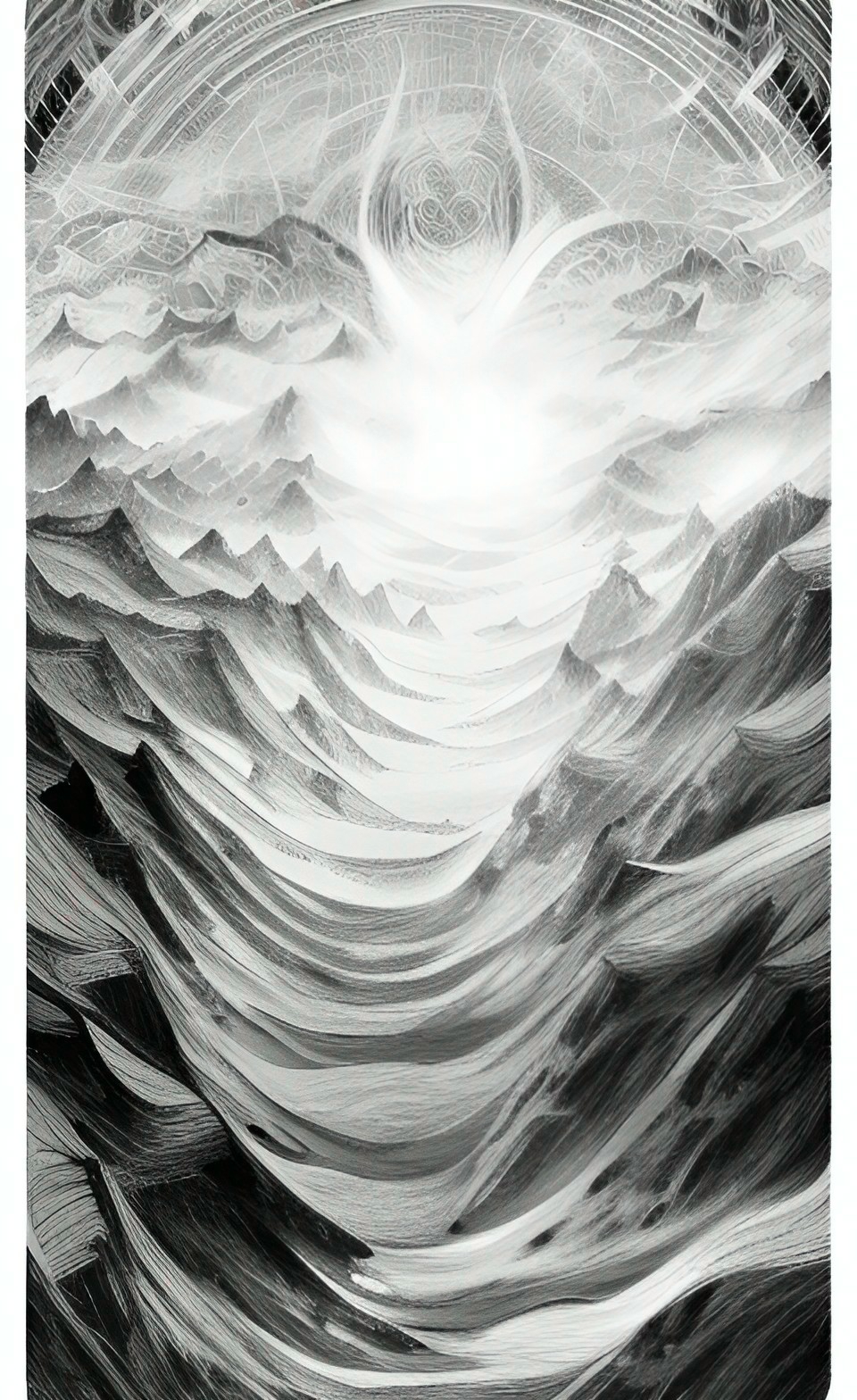 Spiritual Powers is a type of save that is a "doesn't fit into other categories" save. If it's a magical attack, but it's not line-of-sight, a grenade, a poison, a life-draining power, or a mind-altering effect, it probably qualifies as "Spiritual Powers".
Spiritual Powers is a type of save that is a "doesn't fit into other categories" save. If it's a magical attack, but it's not line-of-sight, a grenade, a poison, a life-draining power, or a mind-altering effect, it probably qualifies as "Spiritual Powers".
A lot of Priestly magic involves a Spiritual Powers save. This is because the Priest generally says a prayer and something happens. The target of spell is usually singlular and not necessarily in line-of-site. The power manifestation is not going to be poisonous or involve Death Magic (at least not for a Priest that worships a good-aligned deity). This is the default "none of the above" Saving Throw.
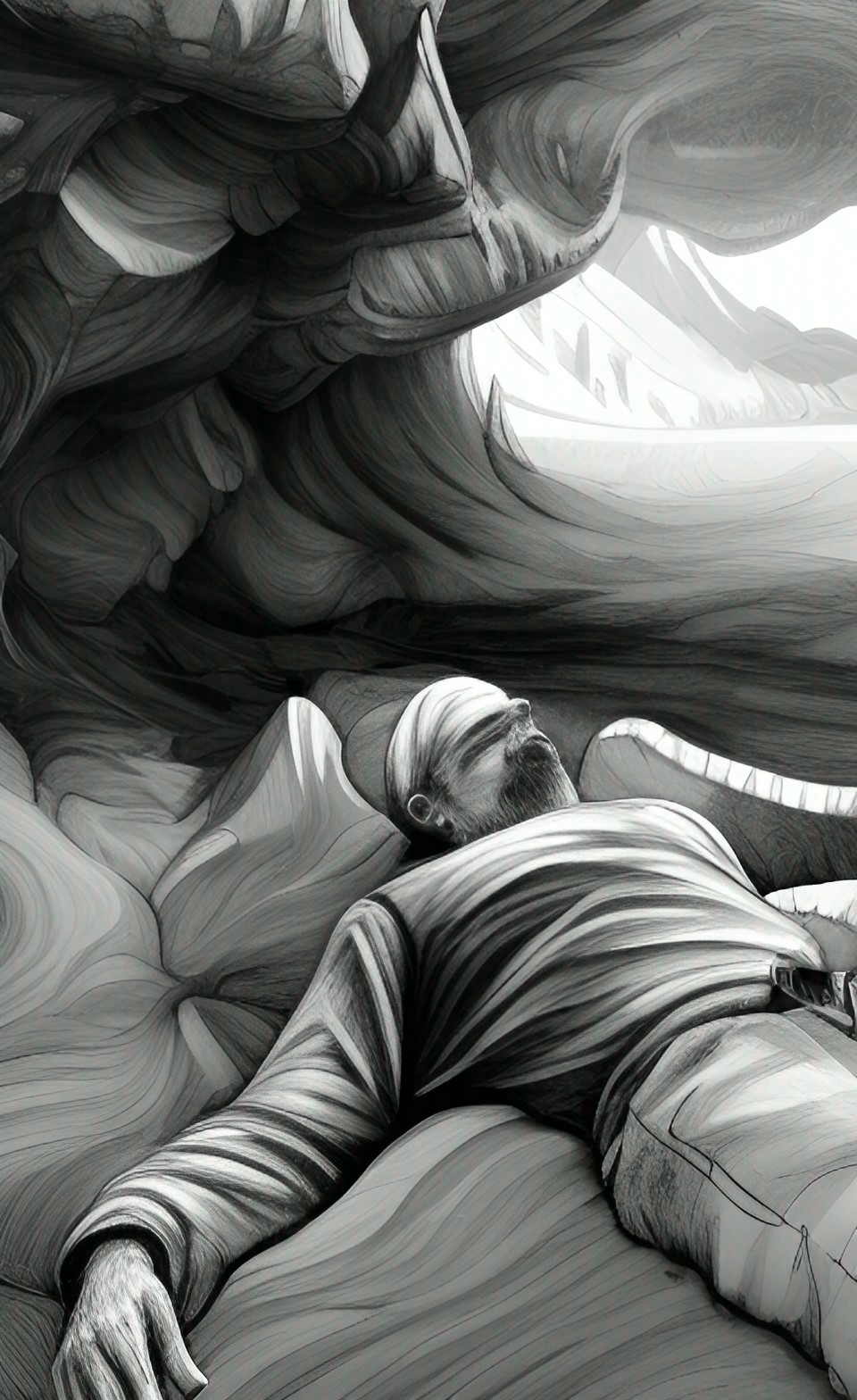 Sleep/Charm involves attacks that target consciousness. Resisting a spell that puts you to sleep would require a Save vs. Sleep/Charm. Likewise, a spell that turns friend to foe would be an appropriate time to call for a Save vs. Sleep/Charm. Cavaliers may have some resistance to a particular subset of Sleep/Charm -- that being Fear.
Sleep/Charm involves attacks that target consciousness. Resisting a spell that puts you to sleep would require a Save vs. Sleep/Charm. Likewise, a spell that turns friend to foe would be an appropriate time to call for a Save vs. Sleep/Charm. Cavaliers may have some resistance to a particular subset of Sleep/Charm -- that being Fear.
A good rule of thumb for when to call for a Save vs. Sleep/Charm is this: if the source of the attack is magical, and it doesn't cause physical damage, and it does have an effect on mood, perception, or level of consciousness. Do not use a Save vs. Sleep/Charm if the character is hit with a truth drug or a sedative (that would be Save vs. Poison).
Awakened Constructs are generally immune to magical charms. Living Constructs, however, have a soul and thus are not immune to spells that attack the mind.
The result of a successful Save vs. Sleep/Charm is that the character does not fall under the influence of the spell. The Game Master may (or may not) allow the character to know that such an attack had both transpired and failed.
Things to Remember
|
